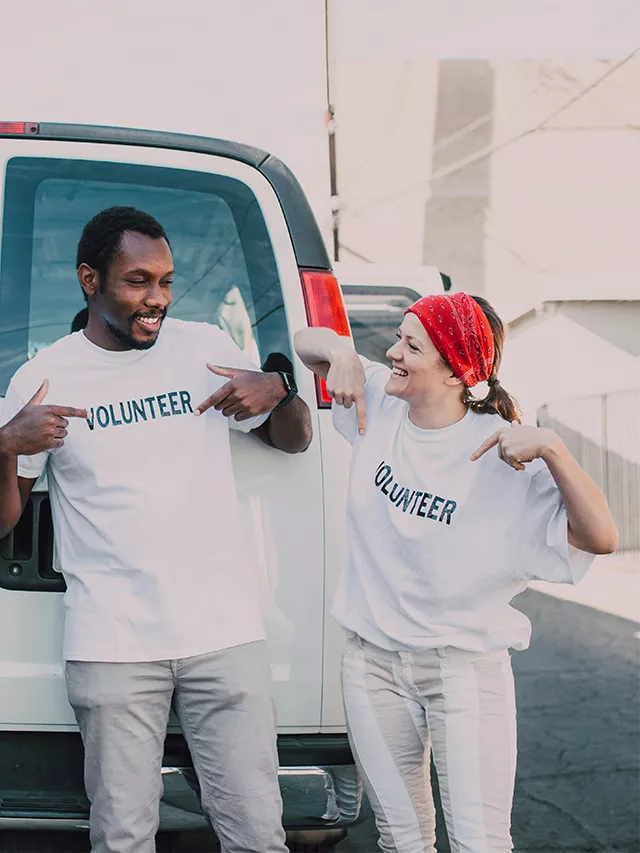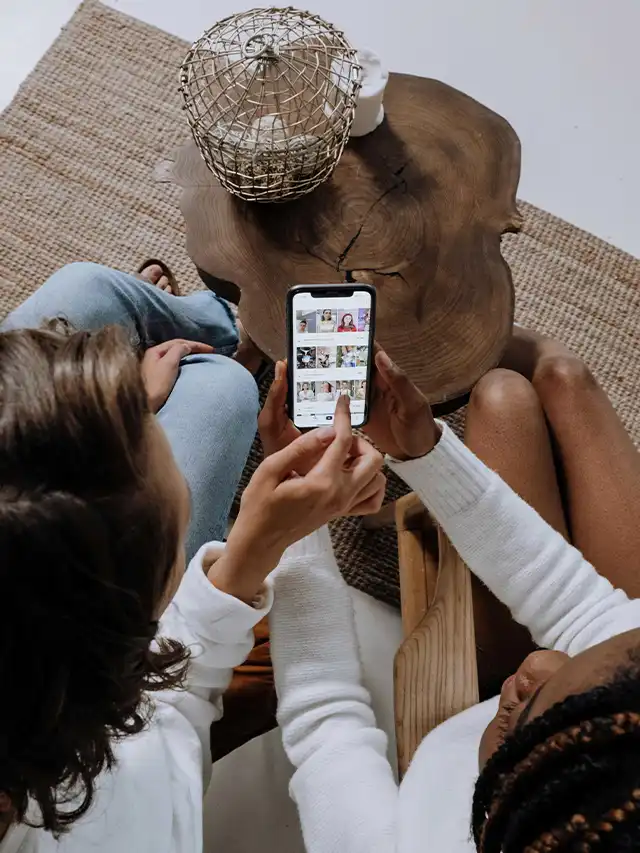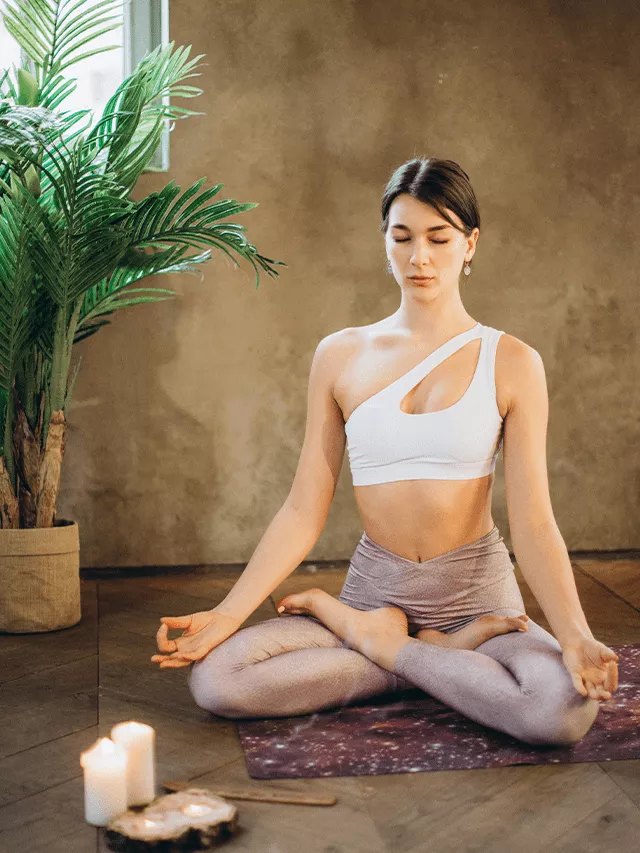Last Updated on September 20, 2024 by Ryan
Almost overnight, the coronavirus upended our normal routines, forcing us to work from home and isolate ourselves from family and friends. The virus has also introduced quite a bit of uncertainty into our lives. Experts don’t know when the pandemic will end, and life will return to normal. Not having an end date to look forward to can make the situation feel bleak and hopeless. But to manage your anxiety and get through the pandemic, it’s important that you learn how to be a positive person during times of uncertainty.
Although the pandemic has introduced many new worries into our lives, such as job loss and fears of getting sick, there are still good things happening. People are banding together to help feed their unemployed neighbors and raise millions of dollars for racial justice groups. By focusing on the positive things going on in the world and our lives, we can reduce some of the anxiety and helplessness we’re feeling because of the pandemic.
To help you look on the bright side, we’ve put together this list of seven tips for how to be a positive person during hard times.
Surround yourself with positive people

Learning how to be a positive person is easier when you surround yourself with happy people. Studies have shown that spending time with positive people can actually rub off on you and make you more cheerful. Moods are contagious, so if your friends take things in stride and have a sunny outlook, you’ll feel happier and more equipped to deal with challenges just by hanging out with them.
Help others

The pandemic has left many of us feeling helpless. Because the situation is out of our hands, it seems like there’s nothing we can do to make things better. Although you can’t fix the pandemic single-handedly, volunteering can help you regain a sense of control and feel like you’re making a positive difference. Studies have also shown that you’ll get a mental boost from serving others in need, which researchers call the “helper’s high.”
Social distancing rules have made it a little harder to volunteer. But if you get creative, you can find lots of ways to safely help others. You can make masks for healthcare workers, provide childcare to essential workers, deliver groceries to elderly neighbors who can’t go out, or donate money to good causes. No matter how you decide to volunteer, using your skills and talents to benefit others during this challenging time will help you become a more positive person overall.
Limit your news intake

Although it’s important to stay informed, reading the news too often can have a negative impact on your mood. A recent study showed that watching a negative news broadcast for just fourteen minutes caused people to feel sad and anxious. It even increased their anxiety about their own problems, not just the ones they saw on the news.
To reduce the negative impact that the news can have on your mood, try to limit your intake to one hour per day or less. Experts also recommend that you catch up on the day’s news all at once instead of constantly checking for updates. That way you aren’t bringing down your mood multiple times throughout the day and can do something to relax and unwind afterwards.
We also like to read uplifting news stories to remind ourselves there are still good things happening in the world even during this difficult time. Some of our favorite positive media outlets are Positive News, Not All News Is Bad, and the Good News section of the Huffington Post.
Be more mindful about your social media use

Just like the news, social media can bring you down if you spend too much time on it. But being more mindful about your social media use can help you strike the right balance. Before you log in, set a timer for fifteen or twenty minutes so that you don’t get sucked into scrolling for hours. You can even use apps like Offtime to track the amount of time you spend on social media and block Instagram so you can’t check it constantly.
While you’re on social media, you should also pay attention to how the content you’re viewing makes you feel. If looking at aspirational Instagram posts by influencers makes you feel jealous and unhappy, it’s best to unfollow those types of accounts. Curating your feed so that you only follow people who add value to your life will make your social media experience more positive.
Practice gratitude

Being grateful for the good things in your life during difficult times can increase your resilience and improve your well-being. Studies have shown that people who feel both positive and negative emotions during a crisis are able to cope better than people who only feel fear and anxiety.
Feeling grateful that you have people who love you and a roof over your head, for example, may help you handle the challenges of the pandemic and come out on the other side stronger. Practicing gratitude can also help you ward off depression and feel happier even in the face of uncertainty.
One simple way to foster feelings of gratitude is to spend a few minutes every day journaling. Write down a few things that you’re grateful for, whether that’s your family, friends, pets, or something as simple as a delicious meal you enjoyed. Making an effort to acknowledge the things that are going right in your life can give you the mental boost you need to get through the day.
Meditate

Did you know that meditation can teach you how to be a positive person by rewiring your brain? Studies have shown that mindfulness meditation causes growth in areas of your brain that are responsible for emotional regulation, which can help make you happier. Meditation also shrinks the amygdala, which is the part of the brain that controls negative emotions like anxiety and fear.
If you’ve never meditated before, beginning a regular mindfulness practice may seem intimidating. It’s actually pretty easy to get started if you choose the right meditation. One of our favorite beginner exercises involves using your five senses to notice what’s around you. This exercise grounds you by getting you to focus on your environment instead of your thoughts and worries.
To try it, sit in a comfortable position on your couch or bed. Look around your room and find five different objects. Try to pick out things that you don’t normally see or notice. Then move on to the next sense – touch. Notice the four sensations that you’re feeling right now, including the cool fabric of your bed sheet on your skin. Then think about three things that you hear, two things that you smell, and one that you taste. If you can’t think of something for every sense, that’s ok. As you develop your meditation practice and get better at observing the world around you without your mind wandering off, this exercise will become easier.
Look into sliding scale therapy

If the other tips on this list haven’t helped you learn how to be a positive person, it may be a good idea to consider therapy. Many people believe that you shouldn’t go to therapy until your mental health problems become severe or unbearable. But therapists actually advise people to seek help as soon as they start feeling off. If you notice that you’re feeling more anxious than usual and having trouble concentrating at work, those are both valid reasons to start going to therapy.
If you’ve lost income due to the pandemic and don’t think you can afford therapy, look into sliding scale options in your area. Some therapists will reduce their rate for people who need therapy but can’t afford it. You can find them by searching on databases like Psychology Today and Open Path Collective, which only show therapists who offer reduced-rate sessions.
If you’re struggling with how to be a positive person during this pandemic, you’re not alone. Many Americans are experiencing higher levels of anxiety and depression right now due to the challenges that the pandemic has brought. So if you’re not happy and positive all the time, don’t get down on yourself. It’s completely normal and healthy to feel some fear about the future. The key is to remain hopeful to prevent your anxiety from spiraling out of control. That way you’ll be able to get through these uncertain times and come out on the other side stronger.
Here are a few hand-picked articles for you to read next: